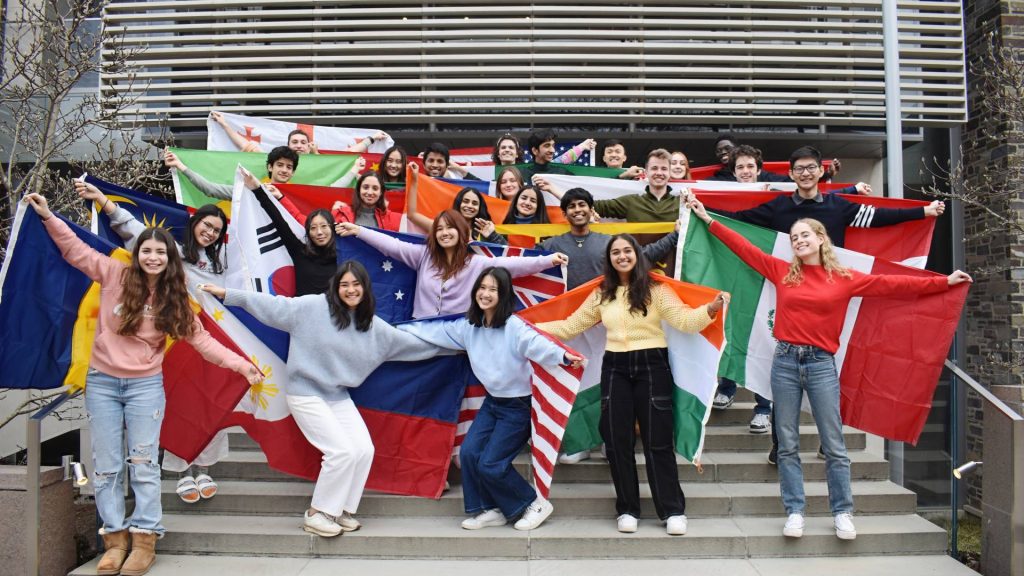JAPA: Fears Over UK Economy As Number Of International Students Falls By Over 30%

Universities leaders in UK have expressed worries over reduction in the number of foreign students due to immigration restrictions imposed on international students.
They warned that this could damage the UK economy with the number enrolling from overseas falling by a third.
Universities UK (UUK), which represents mainstream universities and colleges, said the government’s new curbs, coupled with steep visa fee increases and threats to cut back on graduate work entitlements, are having a negative impact on the UK as a study destination.
With effect from Monday 1st January 2024, international students studying in the UK were no longer allowed to bring dependants with them on their UK student visa, aside from those on research postgraduate programmes.
In 2023, data revealed that India and Nigeria had the highest numbers of immigrants to the UK with 253,000 and 141,000 respectively.
With the policy in place, which Prime Minister Rishi Sunak-led government implemented to cut migration, it is understood that Indians and Nigerians are looking to other destinations that provide education and accommodation for their families.
According to a report by The Guardian, data from more than 60 UK universities shows that the number of study visas issued has fallen by 33% this year compared with the same time last year. In the same vein, a separate survey of 70 universities by UUK found that enrolments in postgraduate taught courses were down by more than 40% since January’s immigration changes.
READ ALSO;JUST IN: Fire Guts Sokoto Central Market
The data from the Enroly admissions management service shows that international students’ deposits and visas are lower than in 2023 and 2022, with their figures showing postgraduate acceptances down by 37% so far this year.
Vivienne Stern, UUK’s chief executive, said: “I regret the fact the government appears to want to diminish our success in this area. Our new data shows that if they wanted to see a reduction in numbers, they have already achieved that through policy changes introduced earlier this year.
“If they go further, they will damage the economies of towns and cities throughout the UK, as well as many universities. Given we should be doing everything we can to promote economic growth, this seems to be getting the priorities wrong.”
But UUK said students were also being put off by uncertainty over the UK’s post-study work offer, after the government asked the Migration Advisory Committee to review whether international students should be entitled to stay in the UK for at least two years after successfully completing a course.
“We call on all political parties in the run-up to a general election to reassure prospective international students that the UK remains open, and the graduate visa is here to stay,” Stern said.






